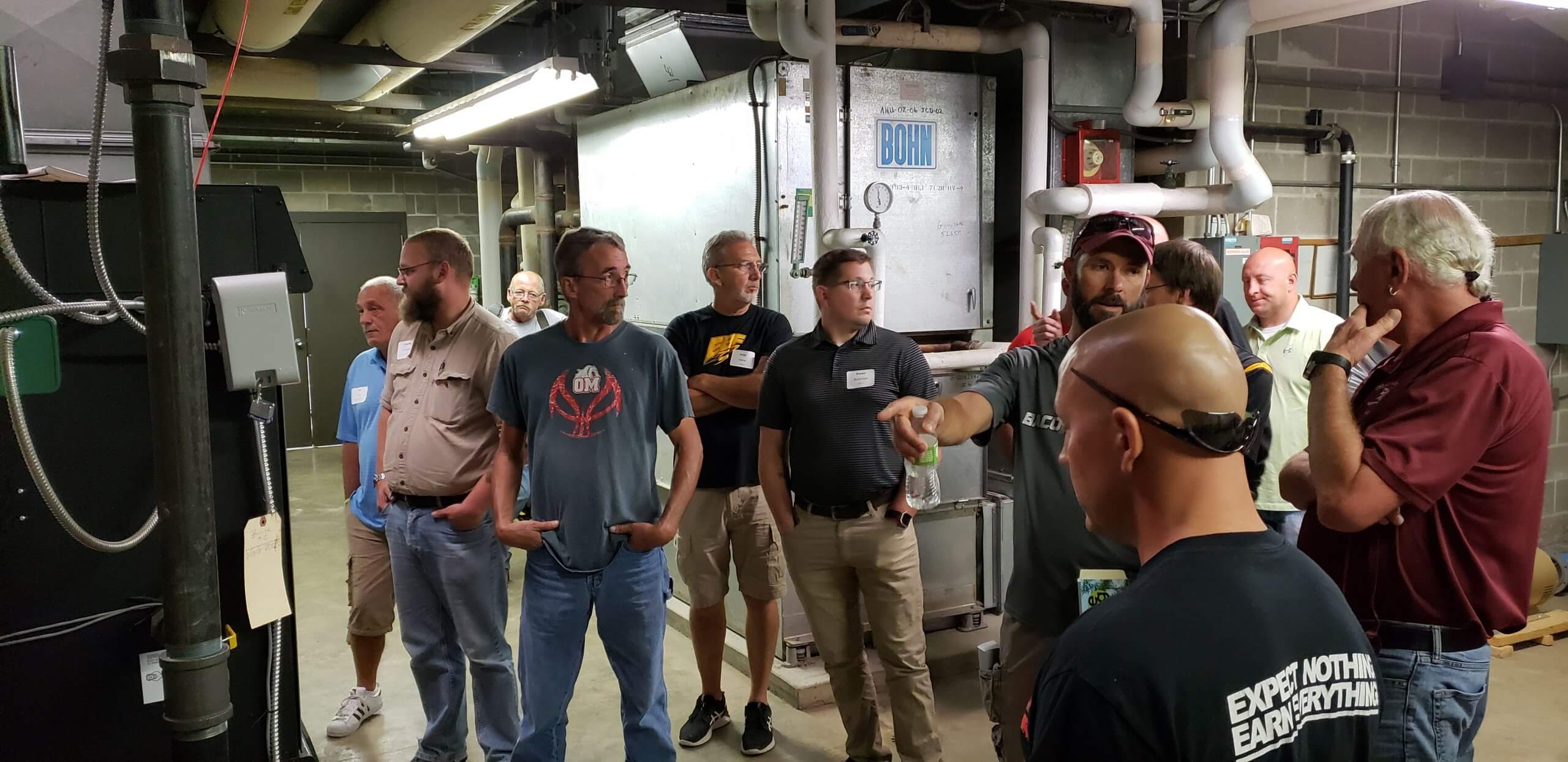Energy
EAIS prides itself on focusing on member needs and implementing its member schools’ suggestions.
Our members have asked us to focus our time on the creation of energy supports schools will need over the next 3 years such as renewable energy/solar, building electrification and new energy-related student learning pathways.

Membership
To incorporate these new supports in an equitable way, EAIS has adjusted its membership structure to be based upon enrollment tiers, to which schools can add Radon Support on a per building basis (during the years they need to test), and future new Energy Supports on an as-needed basis.
Membership benefits include:
- Access to the School Radon Training & Support System, created and facilitated by EAIS
- Access to state and federal grants written and potentially received by EAIS to support schools
- Webinars for school energy/radon teams
- Radon/energy data storage and protection
- Access to the Building Operator Pathway
- Regular communications
- Bi-annual energy conferences
- Regional and/or virtual energy team and facility operator training to save out-of-district time and mileage
- Attention to new rebate, program and grant opportunities
- Radon and energy support that saves lives and budget dollars
- EAIS does not sell any energy equipment or products
Examples of Recent EAIS Supports and Energy Accomplishments
- 2025-27: Chosen subcontractor for State of Iowa’s Training for Residential Energy Contractors Program. Currently on pause due to the current federal freeze on Inflation Reduction Act dollars.
- 2023-24 one-year intermediary grant from Iowa Workforce Development to expand our Building Operator Pathway program into Iowa Region 14.
- 2021-23 three-year grant from the Iowa Energy Center/Iowa Economic Development Authority to create and pilot a new Building Operator Pathway of study. This provided training to current school building operators, as well allowed schools to “grow their own” future building operators.
- Provided coaching and training on topics such as COVID-19 ventilation, boiler maintence, HVAC, lighting, new construction, wind turbines, potential solar projects and more.
- Facilitated energy-related, regional facilities manager workshops that resulted in 100% of participants agreeing the overall benefit of knowledge gained was between “satisfactory” and “excellent.”
